Nomen Nescio, the Helsinki-based label approaching fashion like furniture design
‘We wanted to make some base pieces and then gradually make them better just as you would if you were to design a chair,’ say husband-and-wife duo Niina and Timo Leskelä of Nomen Nescio about their thoughtful genderless collections
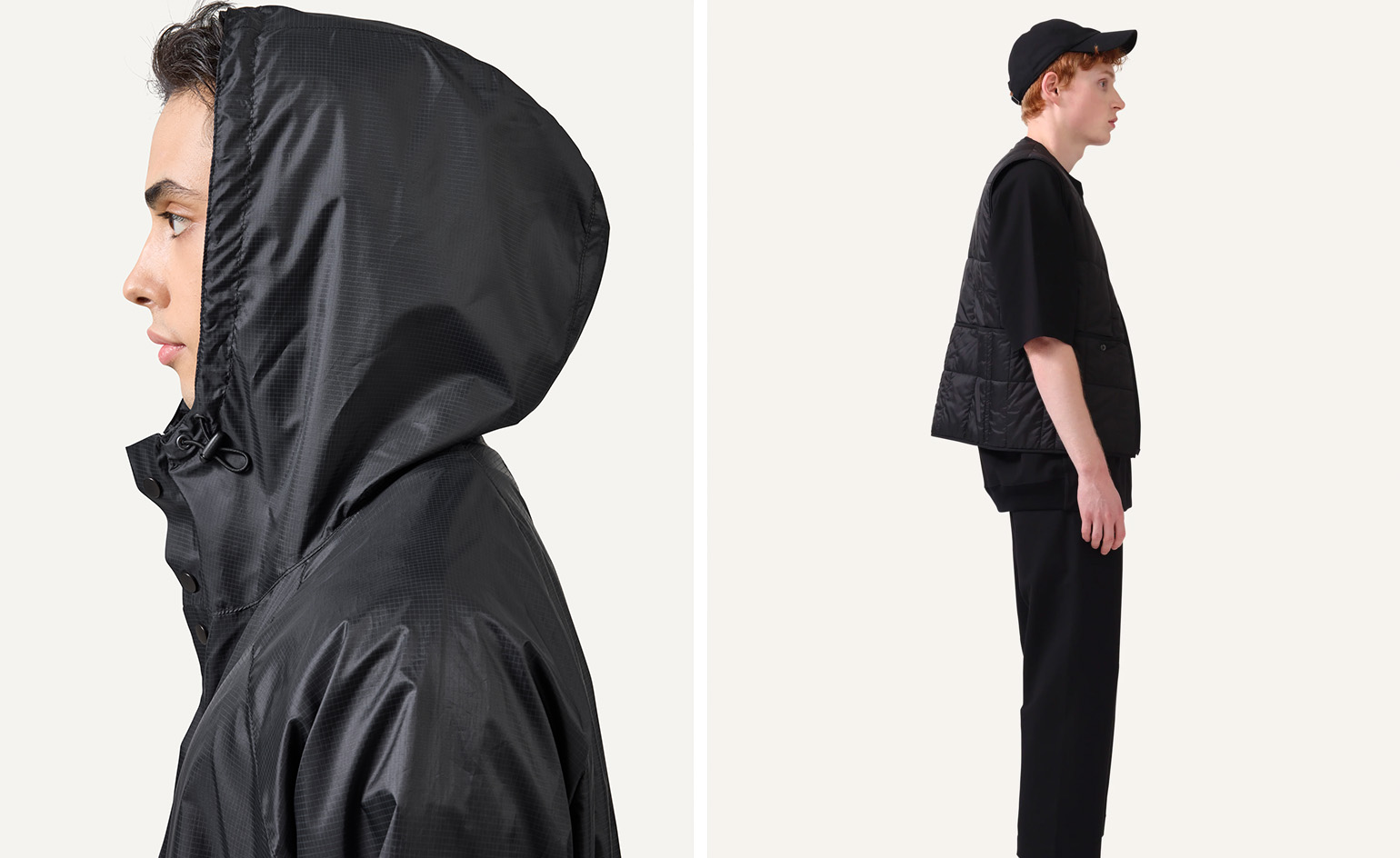
Too often ‘sustainable’, ‘unisex’ and ‘seasonless’ are nothing more than catnip terms for a bloated fashion industry looking to appeal to weary consumers. Yet for more than a decade, husband-and-wife duo Niina and Timo Leskelä have been quietly operating a clothing brand in their native Finland built around these exact ideas. Their label Nomen Nescio offers well-made, edited collections sold internationally and presented at their new bright white Helsinki flagship. Think clothes for all, regardless of age, size and gender, and always made only in black. In Latin, the name means ‘anonymous person’: ‘We want to make clothes that are not about us, it is for the people who are wearing them,’ Niina says.
Their whole philosophy has minimalism at the core. ‘We approached the brand as if it were a design company rather than a fashion one. We wanted to make it slower, making some base pieces and then gradually make them better just as you would if you were to design a chair,’ Niina says. ‘If you were making chairs, you wouldn’t change them every six months. We wanted that kind of freedom.’ The pair took their time meeting buyers in Paris, travelling to Mexico, Japan and New York to see where their philosophy chimed. ‘We’re always thinking about how our values exist outside of the Nordic countries,’ she says.
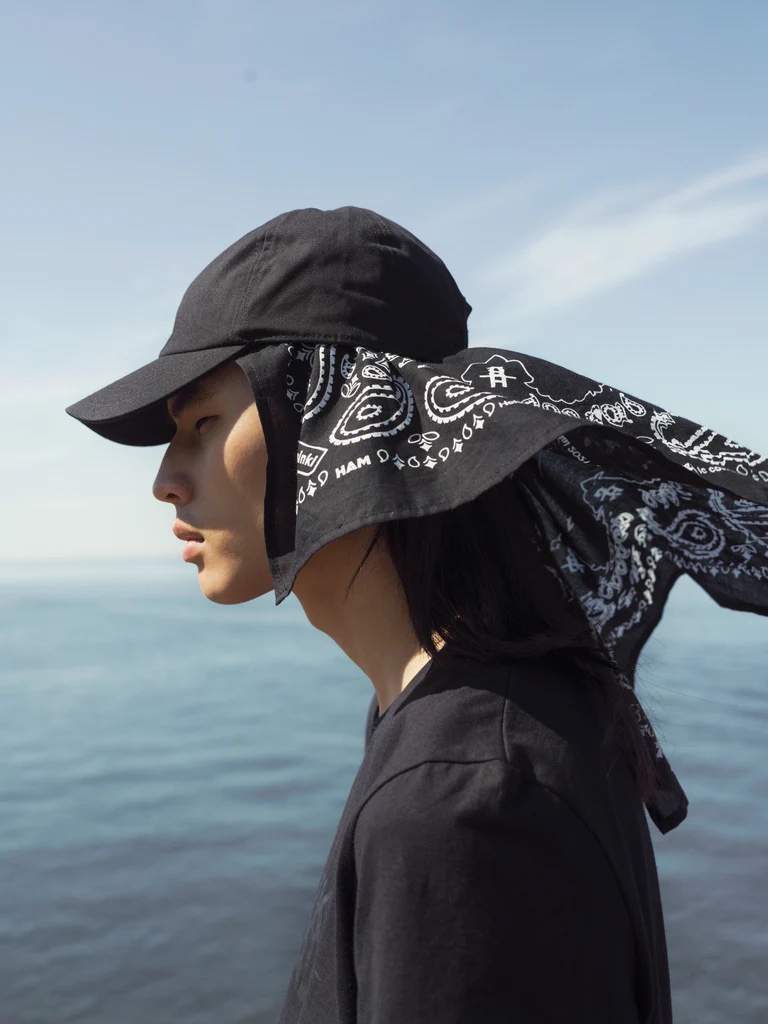
Nomen Nescio
These values – a focus on the planet, of buying once and well, not over consuming, taking one’s time – have become not just ‘Nordic’ but more global concerns. ‘I don’t know if it comes from the history of Finland, we haven’t had any kings or queens so perhaps the society has been more humble, more democratic… the access we have to free education and things has affected us deeply. We are proud of those things but at the same time we represent something more global. A lot of Japanese minimalistic ideas are quite close to Nordic ones. And the unisex thing is quite common here in Scandinavia but is perhaps pretty new in southern Europe.’
Niina hates the word ‘unisex’ but for now uses it as a shorthand to mean inclusive. The fit of a Nomen Nescio collarless linen jacket is cut from the sleeves, which means it can sit on different bodies. The brand’s dropped crotch pants and soft merino jerseys run from sizes XXS to XXL. Sustainability is par for the course too. The duo add around 20 new styles to the collection twice a year; ten are totally new and ten are carry-over styles in new fabrics. Fashion – as the mantra goes – has been so fast for so long but the tide might be turning: ‘In Finland, we want to think clearly about what we want to buy and not rush into something quickly. We encourage people to not make spontaneous purchases in our store. We want them to think about what they really need. To go back home and check what they have already in their wardrobes before they come back. And they do.’
INFORMATION
nomennescio.fi
fashioninhelsinki.com
Wallpaper* Newsletter
Receive our daily digest of inspiration, escapism and design stories from around the world direct to your inbox.
London based writer Dal Chodha is editor-in-chief of Archivist Addendum — a publishing project that explores the gap between fashion editorial and academe. He writes for various international titles and journals on fashion, art and culture and is a contributing editor at Wallpaper*. Chodha has been working in academic institutions for more than a decade and is Stage 1 Leader of the BA Fashion Communication and Promotion course at Central Saint Martins. In 2020 he published his first book SHOW NOTES, an original hybrid of journalism, poetry and provocation.
-
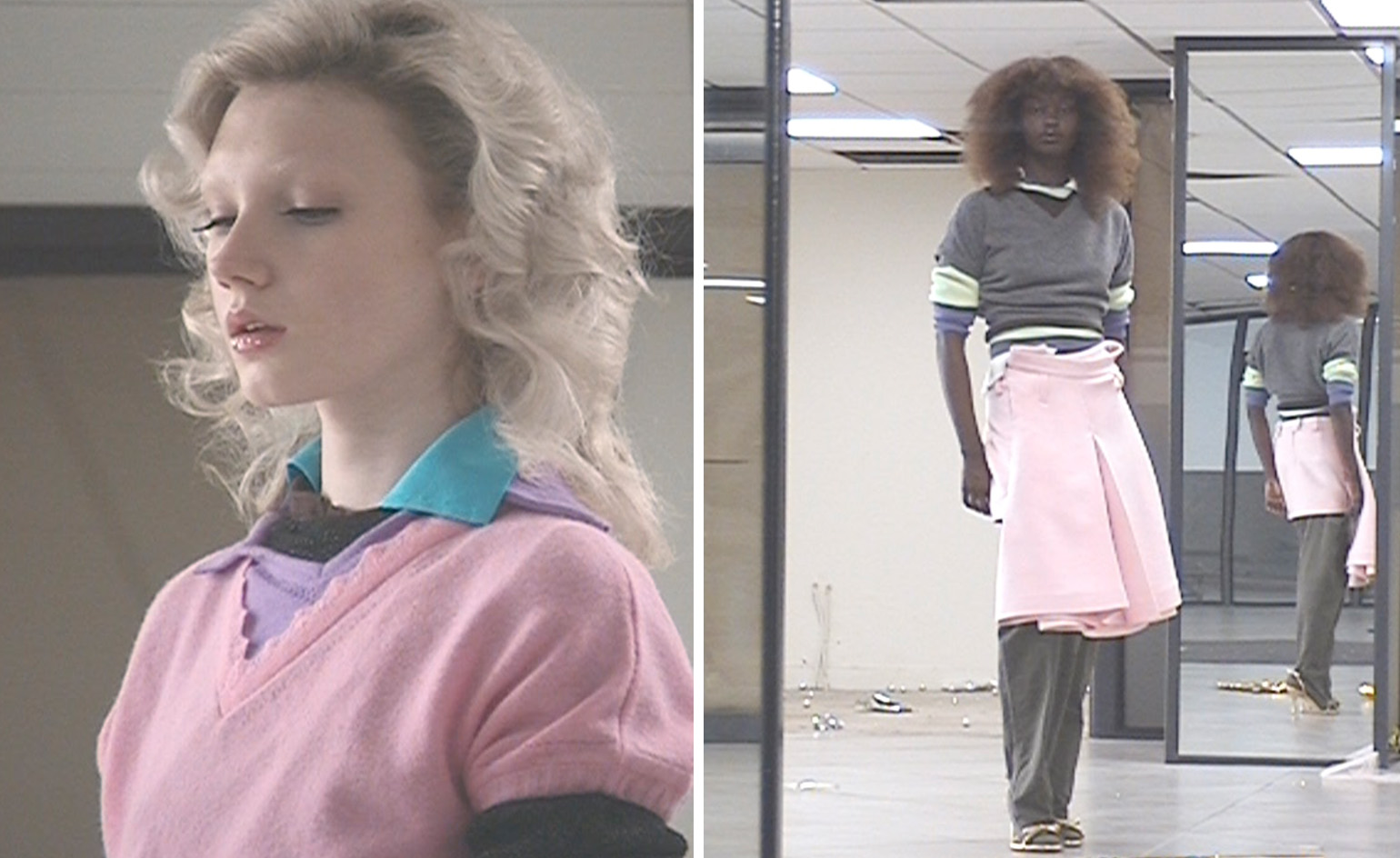 All-In is the Paris-based label making full-force fashion for main character dressing
All-In is the Paris-based label making full-force fashion for main character dressingPart of our monthly Uprising series, Wallpaper* meets Benjamin Barron and Bror August Vestbø of All-In, the LVMH Prize-nominated label which bases its collections on a riotous cast of characters – real and imagined
By Orla Brennan
-
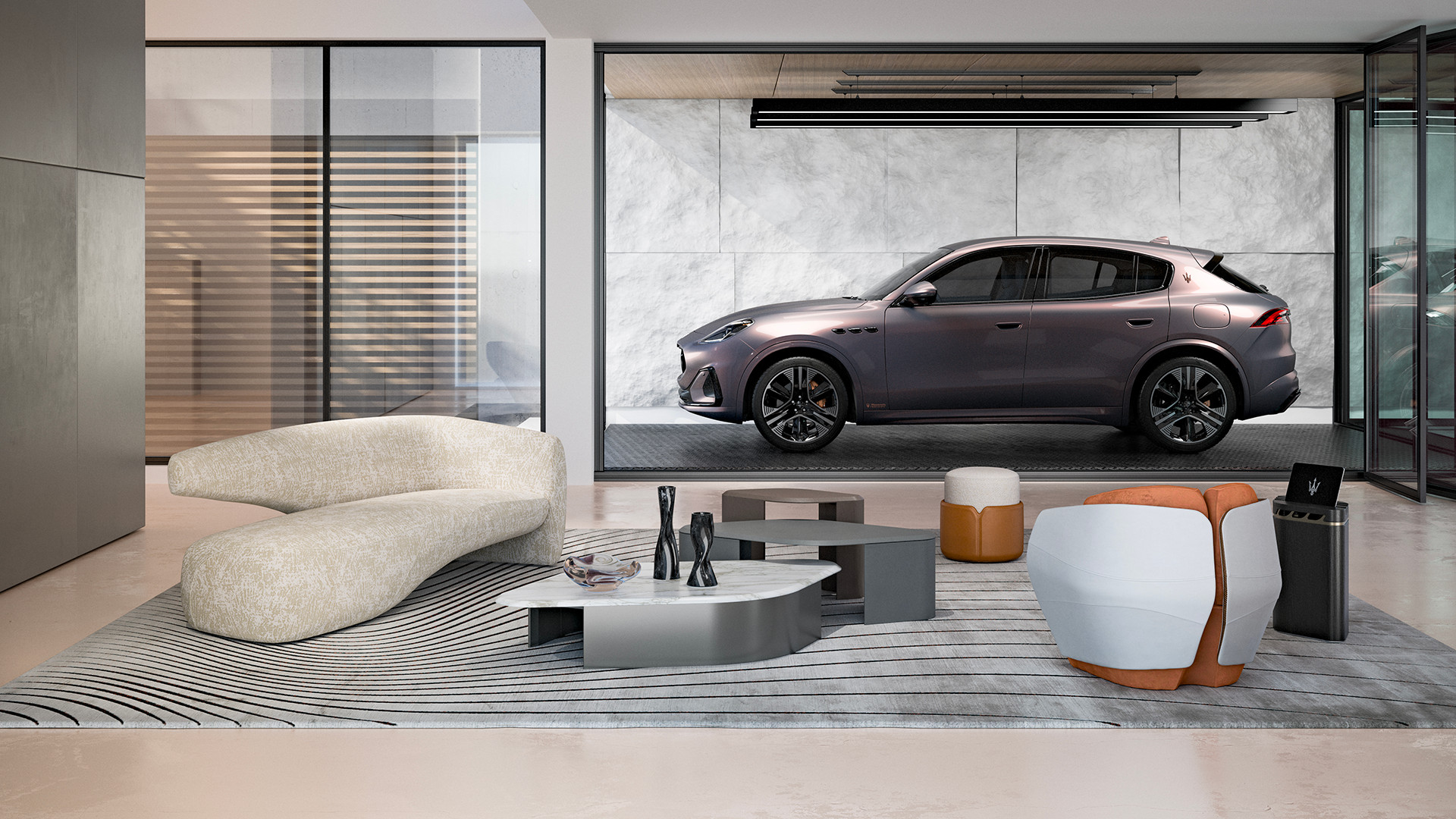 Maserati joins forces with Giorgetti for a turbo-charged relationship
Maserati joins forces with Giorgetti for a turbo-charged relationshipAnnouncing their marriage during Milan Design Week, the brands unveiled a collection, a car and a long term commitment
By Hugo Macdonald
-
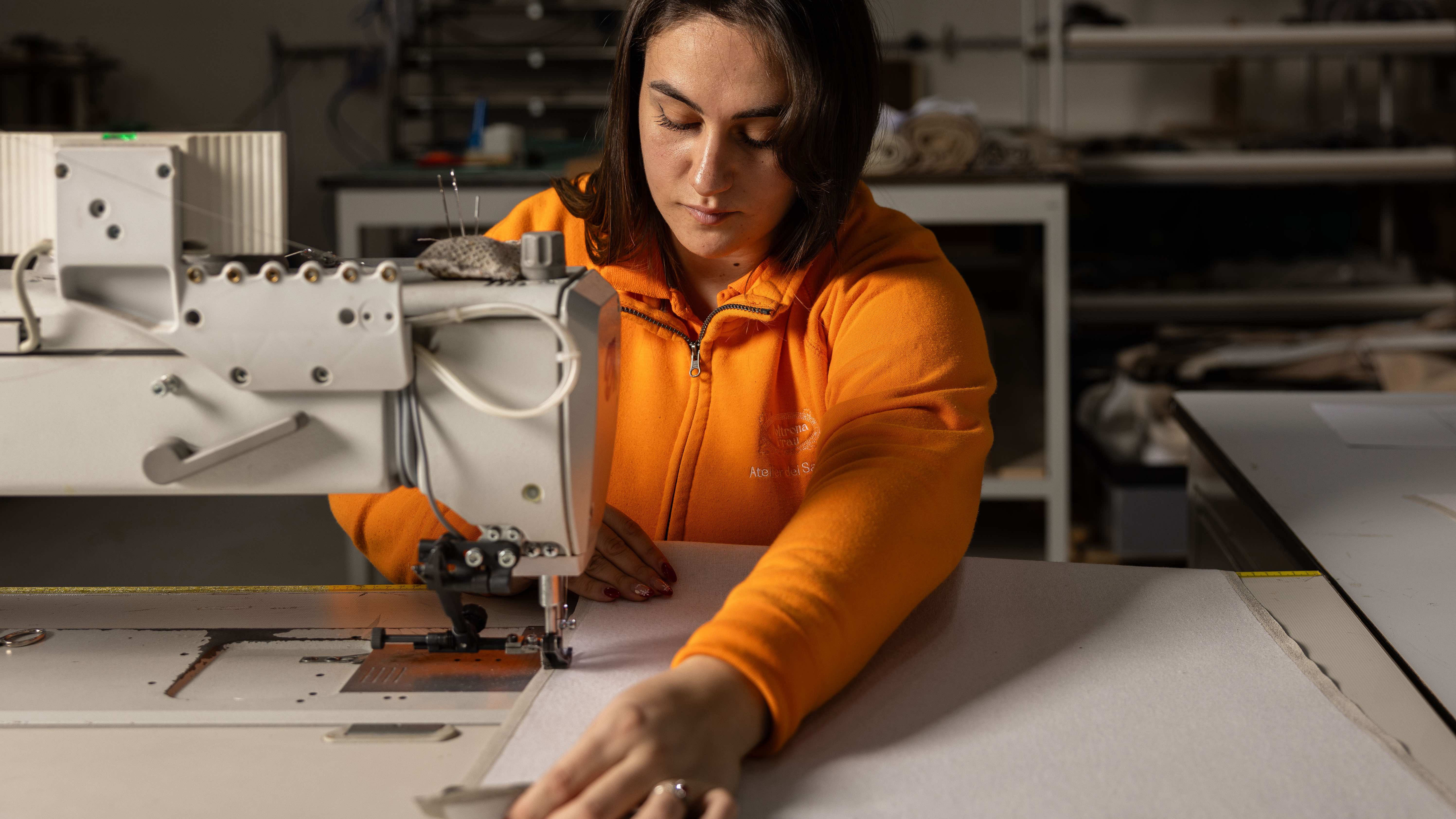 Through an innovative new training program, Poltrona Frau aims to safeguard Italian craft
Through an innovative new training program, Poltrona Frau aims to safeguard Italian craftThe heritage furniture manufacturer is training a new generation of leather artisans
By Cristina Kiran Piotti